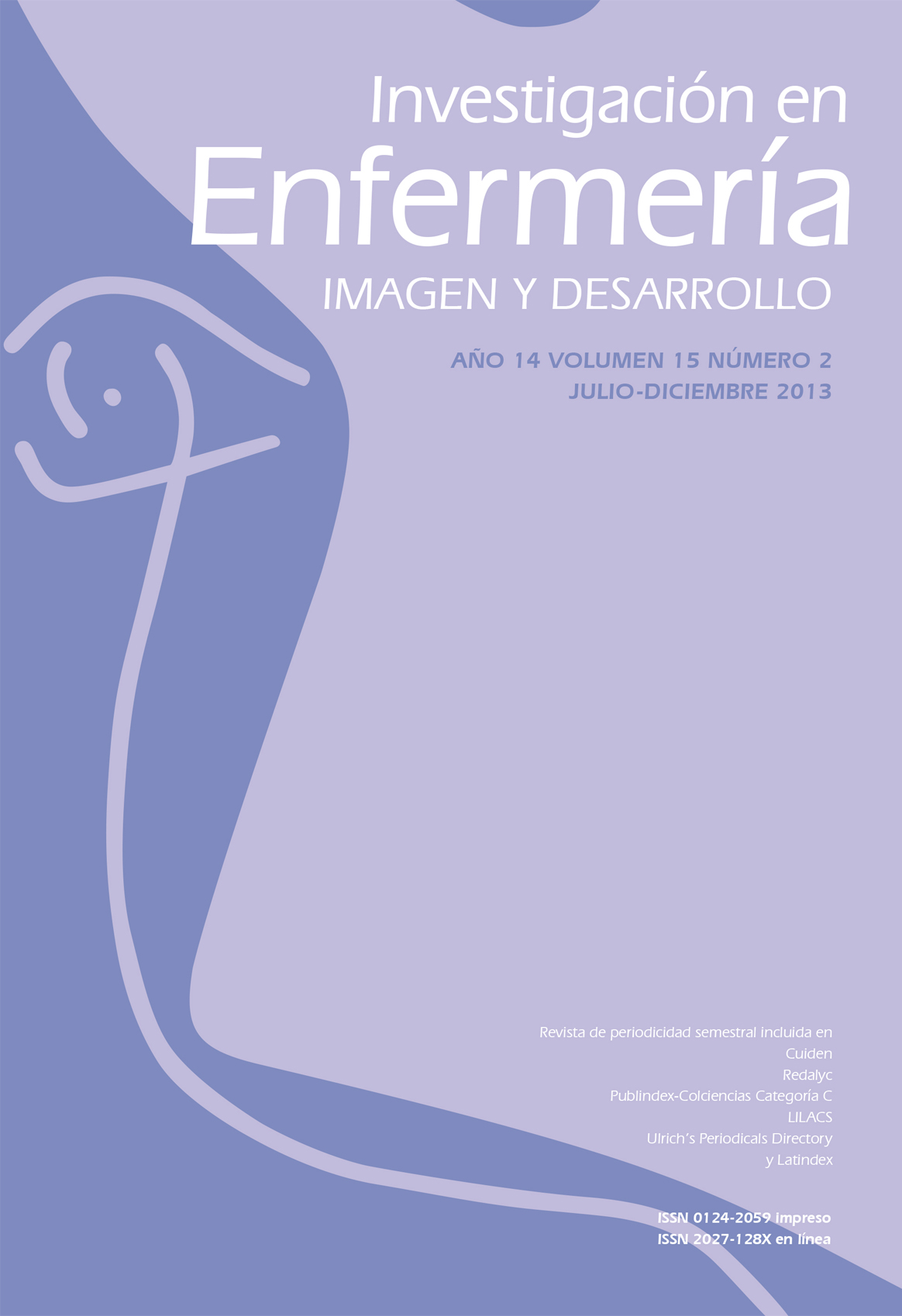Abstract
Since its inception, intensive care units are designed as restricted spaces because of the risk posed by the critical condition of the patients and the complexity of their health status, but with the elapse of time, the experiences of health professionals and the incorporation of different theories of nursing in the care of patients, the needs of family and patients have become increasingly apparent , and this has prompted the study of family involvement in meeting those needs and in the patient recovery. For this reason, it is necessary that family involvement becomes a priority and reality in intensive care units. This article shows the importance of family involvement and offers the possibility to operationalize it in critical patient care through the application of a theory such as Rosemarie Parse´s, whose theoretical foundation is correlated with the process of family involvement and can articulate the disciplinary elements in professional practice. For this, this article, which is the result of a literature review, is derived from international guidelines for family involvement and integrates with the models of a macro theory called man living-health.
The journal Investigación en Enfermería: Imagen y Desarrollo is registered under a Creative Commons Attribution 4.0 International Public License. Thus, this work may be reproduced, distributed, and publicly shared in digital format, as long as the names of the authors and Pontificia Universidad Javeriana are acknowledged. Others are allowed to quote, adapt, transform, auto-archive, republish, and create based on this material, for any purpose (even commercial ones), provided the authorship is duly acknowledged, a link to the original work is provided, and it is specified if changes have been made. Pontificia Universidad Javeriana does not hold the rights of published works and the authors are solely responsible for the contents of their works; they keep the moral, intellectual, privacy, and publicity rights.
Approving the intervention of the work (review, copy-editing, translation, layout) and the following outreach, are granted through an use license and not through an assignment of rights. This means the journal and Pontificia Universidad Javeriana cannot be held responsible for any ethical malpractice by the authors. As a consequence of the protection granted by the use license, the journal is not required to publish recantations or modify information already published, unless the errata stems from the editorial management process. Publishing contents in this journal does not generate royalties for contributors.


